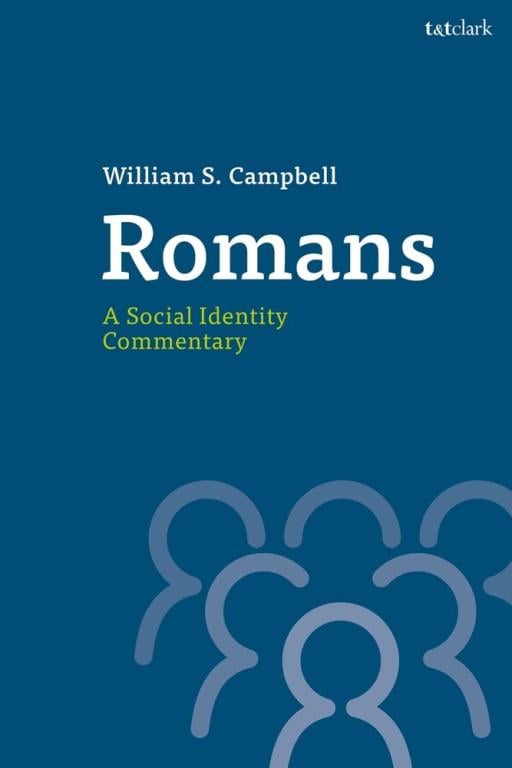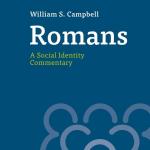Q. I certainly take your point about the persons Paul is talking about is one thing in his discourse, and the persons he is talking to is another. Nevertheless, there are parts of Romans which make better sense to me if Paul is not solely, though he is primarily, talking to Gentile Christians— for example in Rom. 2, Rom. 9-11 and Rom. 14-15. I do not think that the use of the diatribe device warrants us dismissing this likelihood, but I take your point that because Paul is addressing persons that are largely if not solely not his converts in Rome he uses this indirect manner of speaking to make his points without confronting the audience directly. I do think you are right about that. Talk a bit about why you see the diatribe popping up in so many places in Romans, not just in Romans 2.
A. Because Paul had neither founded nor visited the Christ followers in Rome, he felt he had to be more cautious in the way he was raising issues he thought needed to be discussed. At this stage in his relationship to the Romans the letter is an indirect means of contact and communication. In the ancient world this frequently took the form of a diatribe, so his addressees would most likely have been familiar with this form of dialogical argumentation, in the form of questions and answers. In the past these were sometimes called objections assuming Paul was speaking in a market square and being challenged by opponents in the audience often presumed to be Jews. However, the diatribal style although seeming to be polemical is actually a teaching style, where people are guided by the questions and answers to take sides with the speaker and to share his attitude to the issues raised. By challenging an imagined interlocutor, or discussion partner, Paul can voice positions he does not hold but which he wishes to repudiate without visibly attacking the Roman ethne in Christ. (This situation may parallel someone answering questions in a public lecture or in a live discussion where the speaker and his audience are not well acquainted). Some of Paul’s audience in Rome may indeed have misunderstood what has been reported to them of Paul and his gospel particularly as it affects the relation of Jews and gentiles As noted, Paul has heard that he is misreported and slandered according to 3.8. This slander may not even have been deliberate but could possibly even have come from Paul’s followers rather than any opponents. The identification of the diatribe style helps us to understand better Paul’s form of argument in Romans, e.g. the long list of gentile failings in Rom 1 might suggest that Paul is biased against gentiles as such because of this intense critique. But Paul does not accuse his addressees of these failings, but rather pagan society as such in a general sense in light of their confusion regarding the proper way of worshipping. A second slightly more complicated example is Rom 11.11–32 where Paul addresses gentiles personified as a wild olive shoot but within a direct address to gentiles (11.11). By addressing this imagined olive shoot Paul is able to strongly oppose the views expressed without attributing them directly to the Romans. However, the fact that the diatribal olive shoot is addressed in a paragraph specifically noting gentiles as addressees suggests that Paul does believe that some of the Romans actually held such views. The diatribal style does occur throughout Romans and it means that we must careful not to assume that Paul’s dialogue with a gentile interlocutor does not imply animosity or hostility on Paul’s side or even that all the critiques in the diatribal sections are critiques of actual people in Rome. But it is an ideal style for someone who has not been in Rome and was not the founder of the community there and thus could be easily seen as overstepping his mark and be misunderstood.
[The dialogue will continue beginning June 9th on this blog]














